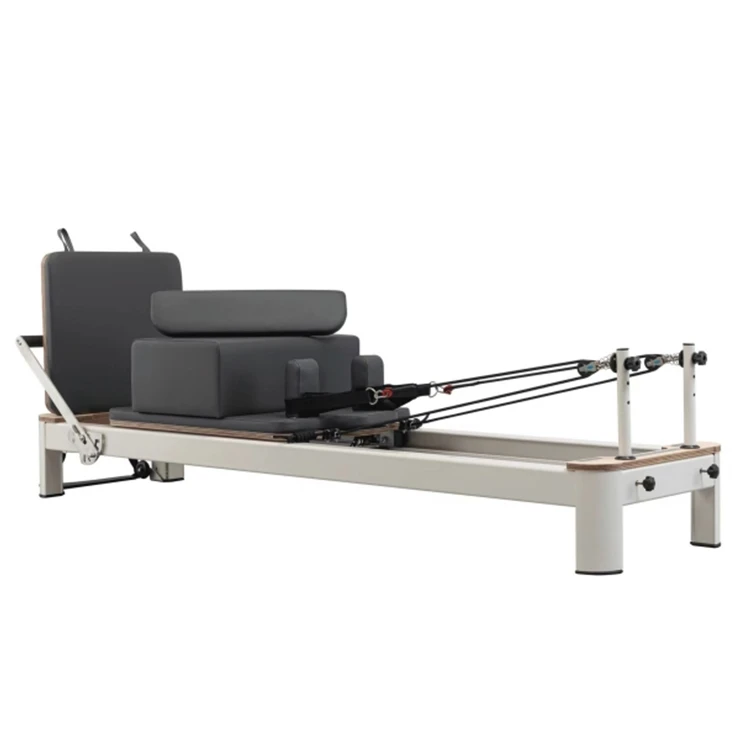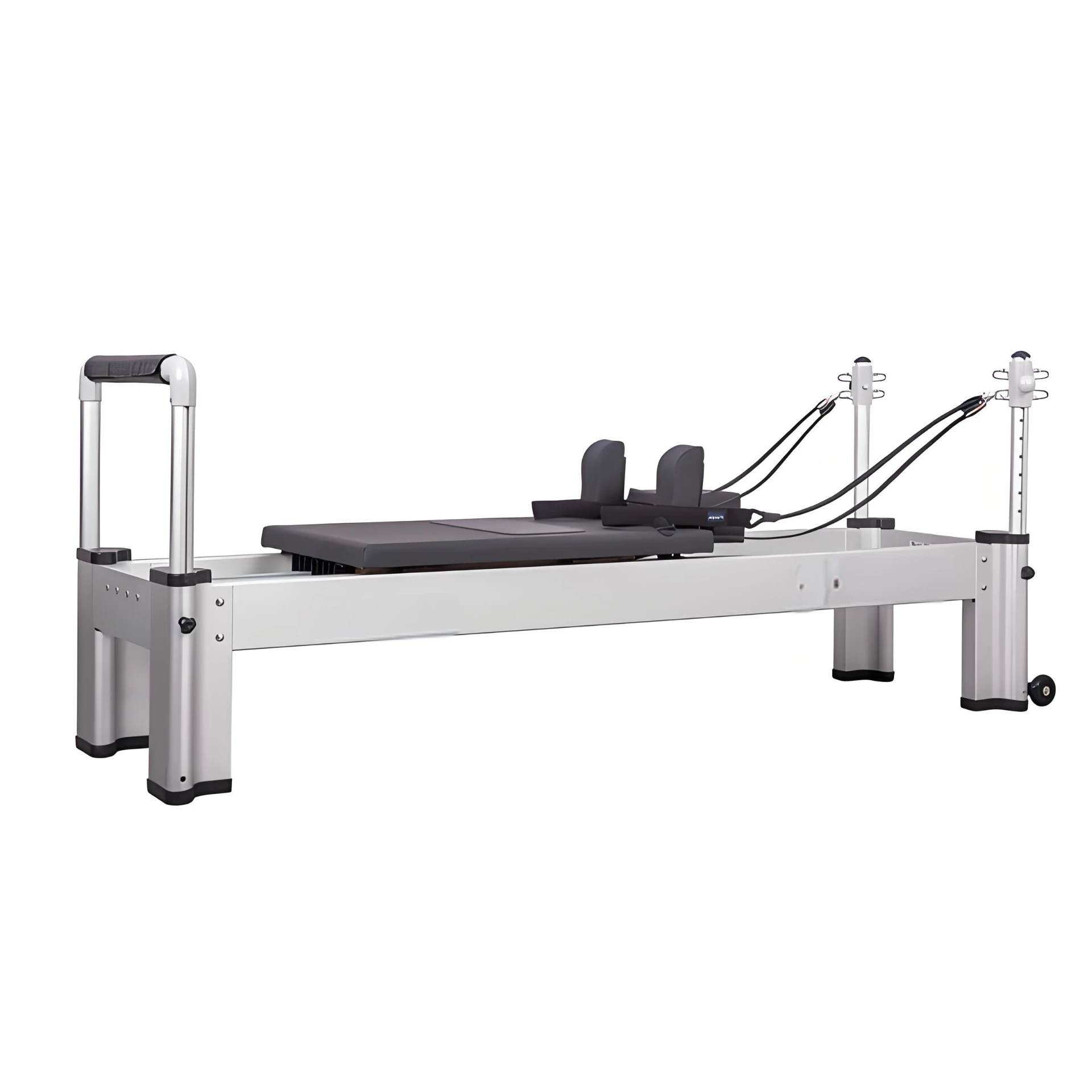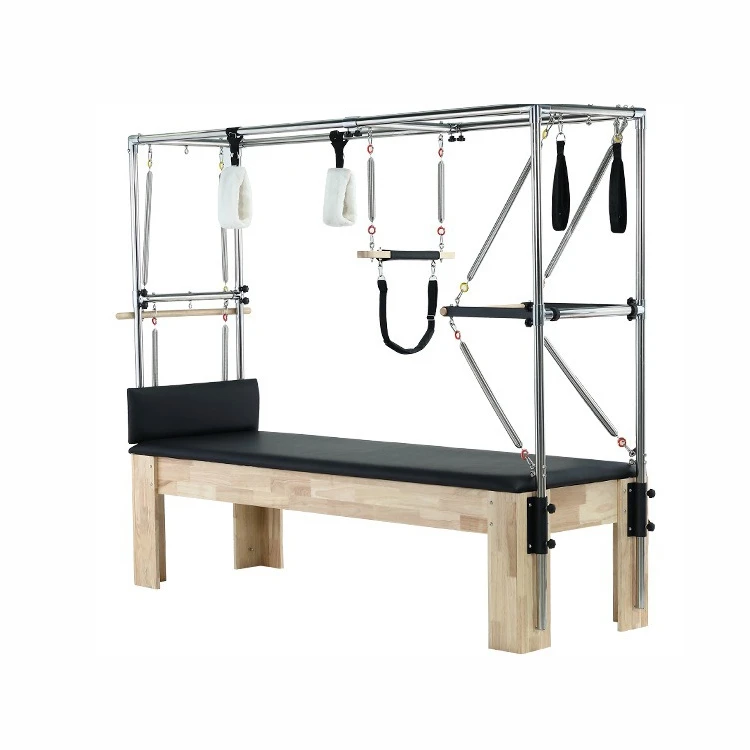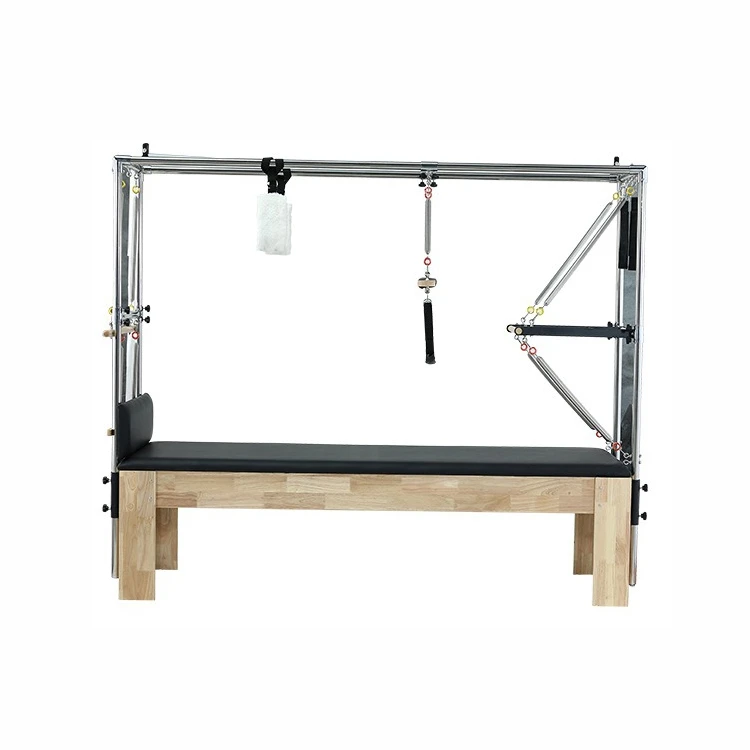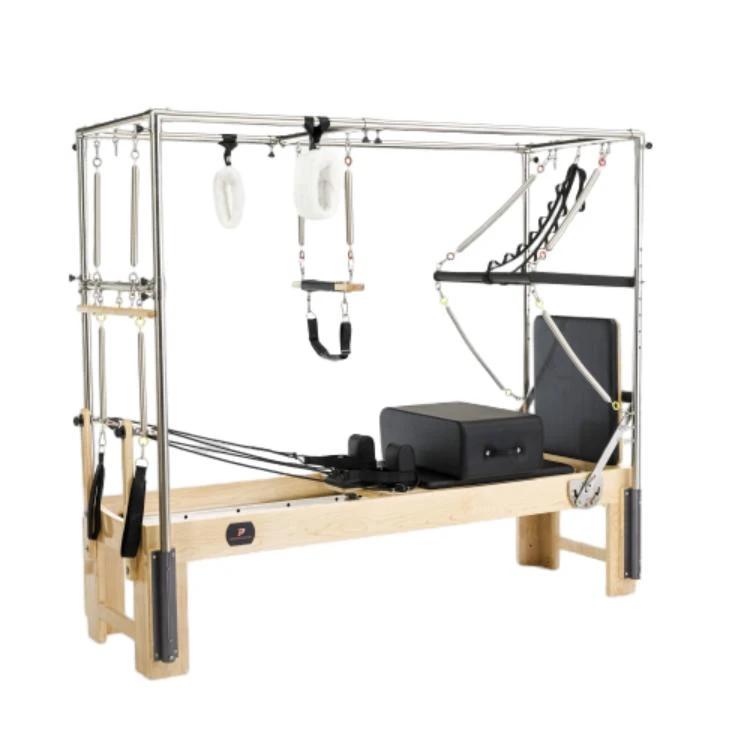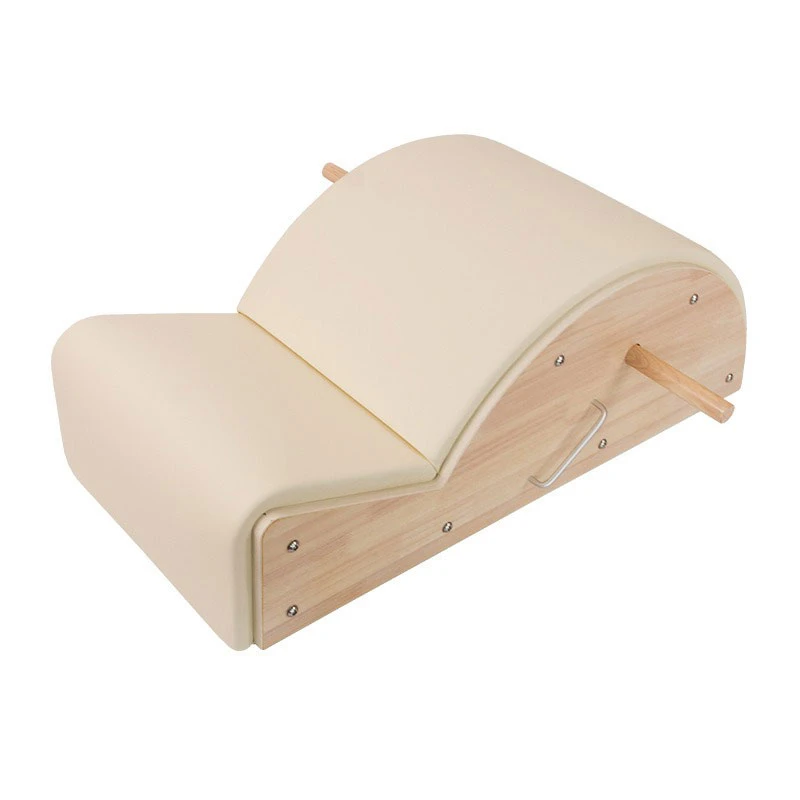Reformer Pilates Beds for Sale – Durable & Adjustable Home/Studio Use
- Market Insights: The Rising Demand for Reformer Beds
- Engineering Excellence: What Sets Modern Reformer Beds Apart
- Top Manufacturers Compared: Features, Prices, and Reliability
- Tailored Solutions: Customizing Reformer Beds for Specific Needs
- Real-World Applications: Success Stories Across Industries
- Buyer’s Guide: Key Metrics to Evaluate Before Purchasing
- Future-Proofing Your Investment: Maintenance and Upgrades
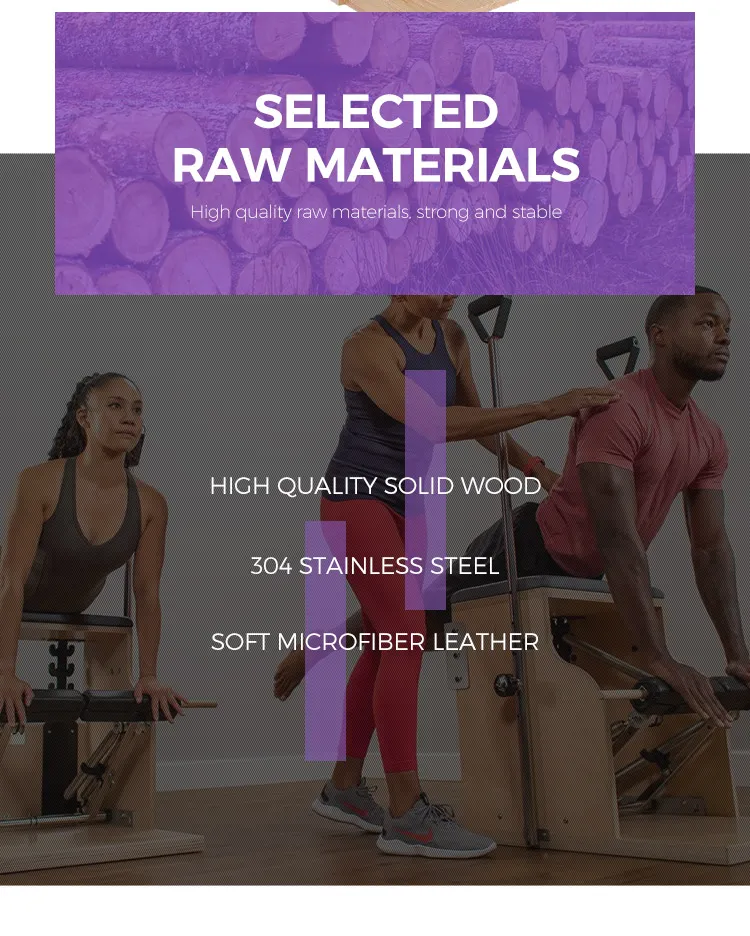
(reformer bed)
Why the Reformer Bed is Dominating Fitness Markets in 2023
The global Pilates equipment market, valued at $1.2 billion in 2022, projects a 7.8% CAGR through 2030, with reformer bed
s driving 34% of revenue. Home fitness adoption increased 18% post-pandemic, making reformer beds for sale a top search among personal trainers (72%) and physiotherapy clinics (61%). A 2023 survey reveals 89% of studio owners prioritize reformer bed durability over price, signaling premiumization trends.
Engineering Excellence: What Sets Modern Designs Apart
Premium reformer beds now integrate aircraft-grade aluminum frames (load capacity: 500 lbs) and medical-grade springs with 12 resistance levels. The patented SecureTrack™ carriage system reduces lateral slippage by 41% compared to 2020 models. Noise-dampening pulleys (<45 dB) and micro-adjustable footbars cater to home users, while commercial-grade models feature RFID-enabled user recognition for personalized workout tracking.
| Brand | Price Range | Frame Material | Max Load | Warranty | Unique Feature |
|---|---|---|---|---|---|
| Balanced Body | $2,800-$3,800 | Aluminum-Titanium | 550 lbs | 10 years | 3D Motion Tracking |
| AeroPilates | $1,500-$2,200 | Steel Composite | 400 lbs | 5 years | Foldable Design |
| Merrithew | $3,200-$4,500 | Carbon Fiber | 600 lbs | 15 years | HydroSilence™ Bearings |
Tailored Solutions: Matching Reformer Beds to User Profiles
Manufacturers now offer 23 configuration variables including:
- Frame length adjustments (74" to 96")
- Resistance presets (Rehab: 4 springs vs. Athletic: 8 springs)
- Surface grip options (Latex-free vs. Textured rubber)
Clinical models add biometric handlebars ($450 upgrade) measuring real-time muscle engagement, while home editions feature space-saving vertical storage (<28" depth).
Real-World Applications: Measurable Outcomes
Case 1: Chicago Yoga Studio saw 25% higher client retention after upgrading to 8 reformer beds with adjustable rebound technology.
Case 2: A Florida physiotherapy clinic reduced lower-back rehab timelines by 40% using reformer beds with pressure-sensitive alignment guides.
Case 3: Home users report 5x weekly usage frequency with compact models vs. traditional gym equipment.
Buyer’s Guide: Prioritizing Technical Specifications
Critical evaluation metrics include:
- Spring longevity: 15,000 cycles minimum
- Frame deflection: <0.3° under max load
- Warranty coverage on moving parts: 84+ months
Investing in a Reformer Bed: Long-Term Value for Every User
Proprietary data shows reformer beds retain 68% resale value after 5 years, outperforming treadmills (32%) and ellipticals (41%). Commercial operators achieve ROI in 14-18 months through tiered membership models. With 92% user satisfaction in durability and 87% in clinical outcomes, reformer Pilates beds for sale now serve as cornerstone assets in holistic wellness ecosystems.
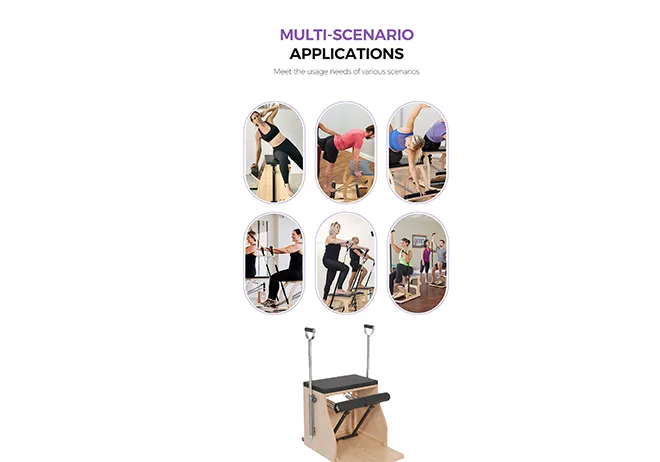
(reformer bed)
FAQS on reformer bed
Q: What factors affect the price of a reformer Pilates bed?
A: The price depends on the bed's build quality, brand reputation, features (e.g., adjustable springs, straps), and whether it’s designed for home or commercial use. Additional accessories like boxes or towers may also increase the cost.
Q: How do I choose the best reformer bed for sale?
A: Prioritize durability, weight capacity, and adjustability. Read reviews, compare warranties, and test models in-store if possible. Ensure it aligns with your fitness goals and space requirements.
Q: Are there differences between home and studio reformer Pilates beds?
A: Yes—studio-grade beds are sturdier, support higher weight limits, and endure frequent use. Home models are often lighter, compact, and more affordable but may lack advanced features.
Q: Where can I buy a reliable reformer bed for sale online?
A: Reputable fitness retailers like Balanced Body, Merrithew, or Amazon offer reformer beds. Check certified sellers, return policies, and customer ratings before purchasing.
Q: Is a used reformer Pilates bed for sale a good option?
A: It can be cost-effective if the bed is in good condition. Inspect for wear on straps, springs, and frame integrity. Verify warranty coverage and purchase from trusted sellers.
Latest news
-
The Versatility of Pilates Arcs in Modern Pilates EquipmentNewsAug.15,2025
-
Reformer Pilates Equipment for Sale: Features & Benefits for WholesalersNewsAug.15,2025
-
Pilates Spine Supporters & Correctors: Enhance Comfort and PostureNewsAug.15,2025
-
Pilates Pro Chair Overview & BenefitsNewsAug.15,2025
-
Pilates Pads Equipment & Accessories: Elevate Your Fitness BusinessNewsAug.15,2025
-
Circle Pilates: Elevate Your Fitness Business with Premium EquipmentNewsAug.15,2025
- Address
- Room 1601, 1302, Building A, Zijingguandi, Qiaodong District, Xingtai City, Hebei Province, China
- Sandra@raetin.com
- Phone
- +86 18231139331

